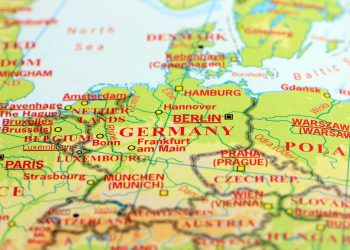Investigation by NGO Urgewald reveals that EU members such as Belgium, France, the Netherlands, and Spain continue to facilitate the delivery of liquefied natural gas (LNG) from Russia.
According to the NGO, data analysis from the kpler trade ship database indicates that Russia’s largest LNG export port, Sabetta, heavily relies on exports to Europe. European ports, including Zeebrugge, Montoir, Dunkirk, Bilbao, Mugardos, and Rotterdam, serve as entry points for LNG deliveries from Russia’s Yamal Peninsula.
Despite the ongoing conflict, 34 million tons of Yamal LNG have been delivered to EU ports or transshipped in EU waters since the Russian invasion began on 24.02.2022, the NGO notes.
The investigations also underscore the critical role of Arc7-class icebreaker LNG tankers, specifically designed for Yamal, in Russia’s LNG exports. Approximately 90% of all Yamal exports occur year-round with these specialized tankers.
Sebastian Rötters, suggests that sanctions on ships calling at Russian LNG ports could effectively halt Yamal exports, as alternatives for customers and tankers are lacking due to US sanctions on new Arc7 tankers.
The possibility of expanding EU sanctions on LNG imports was discussed at the recent EU Energy Ministers’ meeting, and more than 60 Members of the European Parliament have urged a complete ban on gas imports from Russia.
A study by the Institute for Energy Economics and Financial Analysis (IEEFA) reveals that EU countries paid 8.1 billion euros for Russia’s LNG deliveries in 2023, highlighting the economic significance of LNG trade with Europe for Russia.

































































